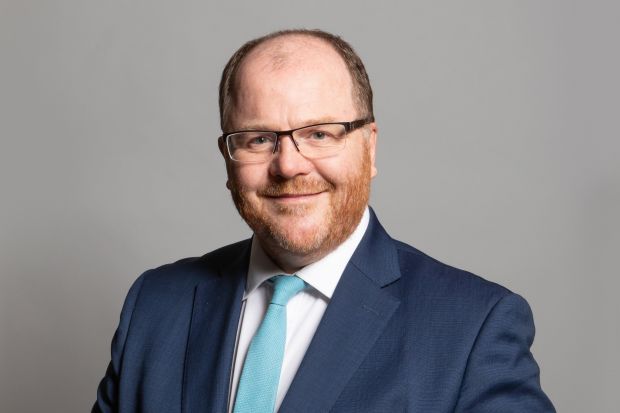George Freeman, the UK’s former science minister, says that he stepped down in part because he could not afford to pay an increase in his mortgage payments on a ministerial salary.
Mr Freeman stepped down last November, saying it was time “to focus on my health, family well-being and life beyond the front bench”.
In a blog posted on 26 January, Mr Freeman writes that he was “so exhausted, bust and depressed that I was starting to lose the irrepressible spirit of optimism, endeavour, teamwork [and] progress which are the fundamentals of human achievement”.
But he adds in the blog, which was first reported by PoliticsHome, that he also quit “because my mortgage rises this month from £800 [per month] to £2,000, which I simply couldn’t afford to pay on a ministerial salary. That’s political economy 2.0.
“We’re in danger of making politics something only hedge funder donors [sic], young spin doctors and failed trade unionists can afford to do.”
MPs’ annual pay currently stands at £86,584, and as a minister of state Mr Freeman was entitled to £31,680 on top of that, taking his total earnings to around £118,264.
Prior to entering politics, Mr Freeman spent 15 years in the Cambridge biotechnology sector, founding and financing four biomedical start-ups. It was unclear whether he intends to take on further paid work after leaving the frontbench.
In his blog, Mr Freeman writes that his children have “paid a very high price” for his political career and that, after resigning, he was dedicating his time to building a cross-party consensus on science policy.
“I’m going to use this pre-election year to share and inform the policymakers working on the manifestos across Westminster – in the hope that the next government (whoever forms it) will be able to build on our successes and learn from our failings in delivering this vital mission; and to build the non-partisan cross-party long-term policy framework and mission we need to deliver the opportunity of national economic renewal through making the UK a global power in science technology and innovation,” Mr Freeman writes.
In a Times Higher Education interview published earlier this month, Mr Freeman expressed concern about the impact of the UK’s immigration controls on science and innovation. “We will never be a science superpower behind a visa paywall,” he said.
Register to continue
Why register?
- Registration is free and only takes a moment
- Once registered, you can read 3 articles a month
- Sign up for our newsletter
Subscribe
Or subscribe for unlimited access to:
- Unlimited access to news, views, insights & reviews
- Digital editions
- Digital access to THE’s university and college rankings analysis
Already registered or a current subscriber? Login






